Introduction: Egypt’s Pyramids
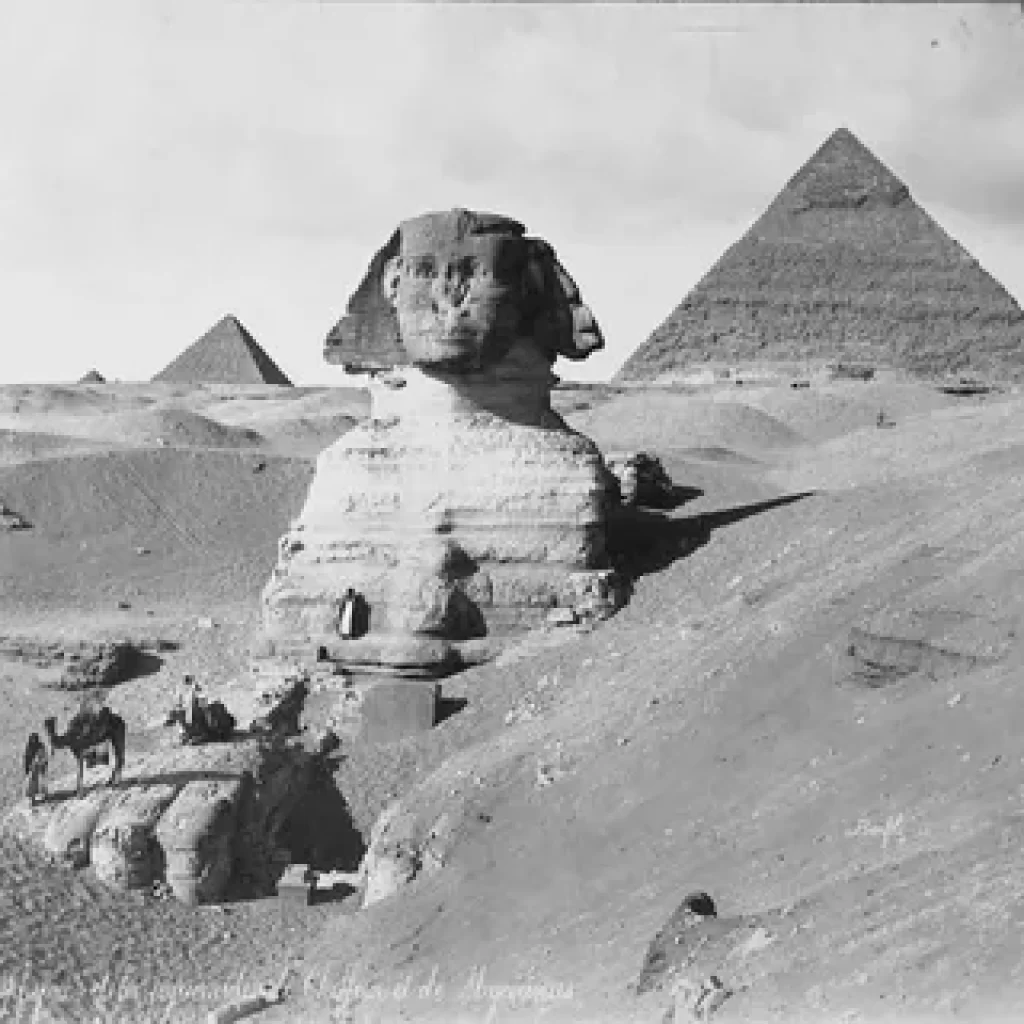
Egypt’s Pyramids, stand as enduring symbols of human ingenuity and achievement. Among the many tales surrounding these ancient marvels is the widely circulated myth that Napoleon Bonaparte, during his Egyptian campaign, ordered his soldiers to shoot cannons at the Great Pyramids of Giza. However, historical evidence and expert analysis paint a different picture, revealing the truth behind this intriguing legend of Egypt’s Pyramids.
TABLE OF CONTENTS: Egypt’s Pyramids
- The Myth of Napoleon’s Cannonade
- Historical Context of Napoleon’s Egyptian Campaign
- Debunking the Myth: Lack of Evidence
- Military Strategy versus Cultural Vandalism
- Legacy of Misconceptions: How Myths Persist
- Lessons Learned: Importance of Historical Accuracy
- Appreciating Egypt’s Pyramids: Treasures of Human History
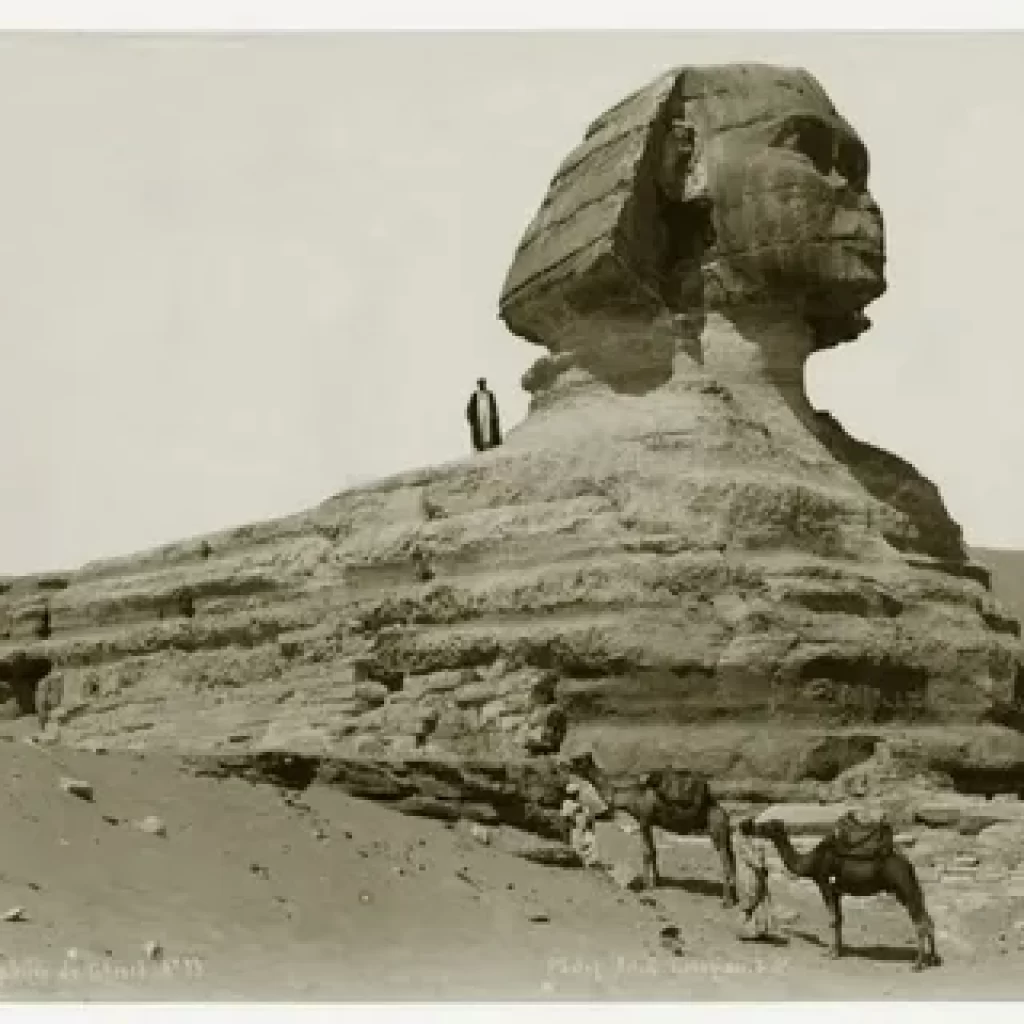
- The Myth of Napoleon’s Cannonade:
The story of Napoleon ordering cannon fire at pyramids has been perpetuated through various mediums, from literature to cinema. It often conjures images of military might and disregard for ancient heritage. However, like many historical anecdotes, its veracity warrants closer examination. - Historical Context of Napoleon’s Egyptian Campaign:
To understand the circumstances surrounding the alleged cannonade, it’s essential to delve into the broader context of Napoleon’s expedition. In 1798, seeking to disrupt British trade routes to India and expand his influence in the Middle East, Napoleon launched a military campaign that would leave an indelible mark on history. - Debunking the Myth: Lack of Evidence:
Despite its widespread acceptance, the notion of Napoleon bombarding the pyramids lacks credible evidence. Historians and archaeologists have scrutinized primary sources from the era, including soldiers’ diaries and official reports, without finding any mention of such an event. In the absence of concrete documentation, the myth begins to unravel. - Military Strategy versus Cultural Vandalism:
Napoleon was undoubtedly a strategic genius, but he was also an admirer of culture and history. While his campaign in Egypt was marked by military conquests, it also involved scholarly pursuits, such as the establishment of the Institute d’Egypt. The idea of him deliberately damaging one of the world’s most iconic architectural wonders seems incongruous with his broader objectives. - Legacy of Misconceptions: How Myths Persist:
The persistence of the cannonade myth underscores the power of storytelling and the allure of sensational narratives. Despite efforts to debunk it, the tale continues to capture the imagination of many. This phenomenon prompts reflection on the nature of historical memory and the role of popular culture in shaping our perceptions of the past. - Lessons Learned: Importance of Historical Accuracy:
The case of Napoleon and the pyramids serves as a reminder of the importance of rigorous historical inquiry. While myths and legends add richness to our cultural heritage, they must be distinguished from verifiable facts. By striving for accuracy and nuance, we gain a deeper understanding of the events that have shaped our world. - Appreciating Egypt’s Pyramids: Treasures of Human History:
Beyond the myths and controversies, pyramids remain awe-inspiring monuments to human ingenuity and ambition. As enduring symbols of ancient civilization, they invite us to marvel at the achievements of our ancestors and ponder the mysteries of the distant past.
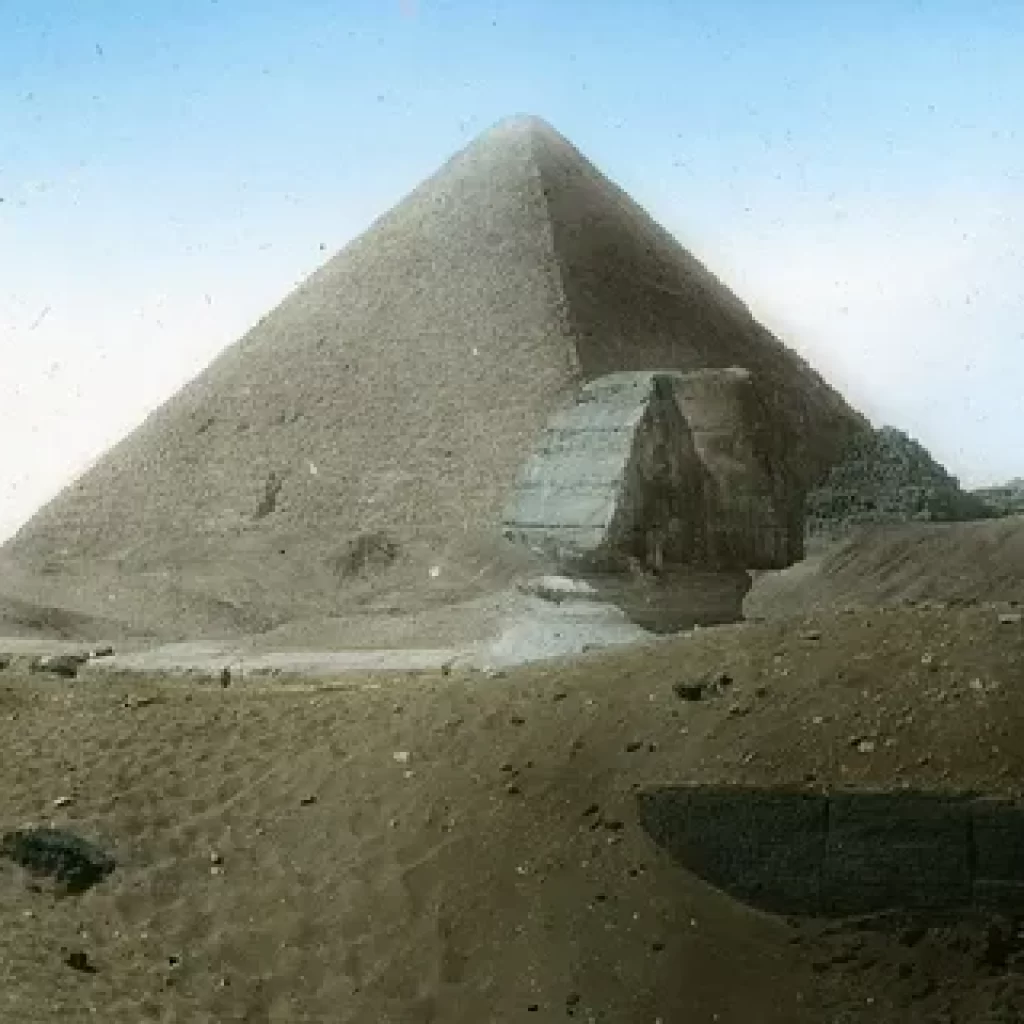
Conclusion: Egypt’s Pyramids
Pyramids, In the realm of historical inquiry, separating fact from fiction is an ongoing endeavour. While the myth of Napoleon’s cannonade at the pyramids may persist in the popular imagination, a closer examination reveals its dubious foundations in Egypt’s Pyramids. By critically engaging with historical narratives, we enrich our understanding of the past and honour the legacy of those who came before the Pyramids.
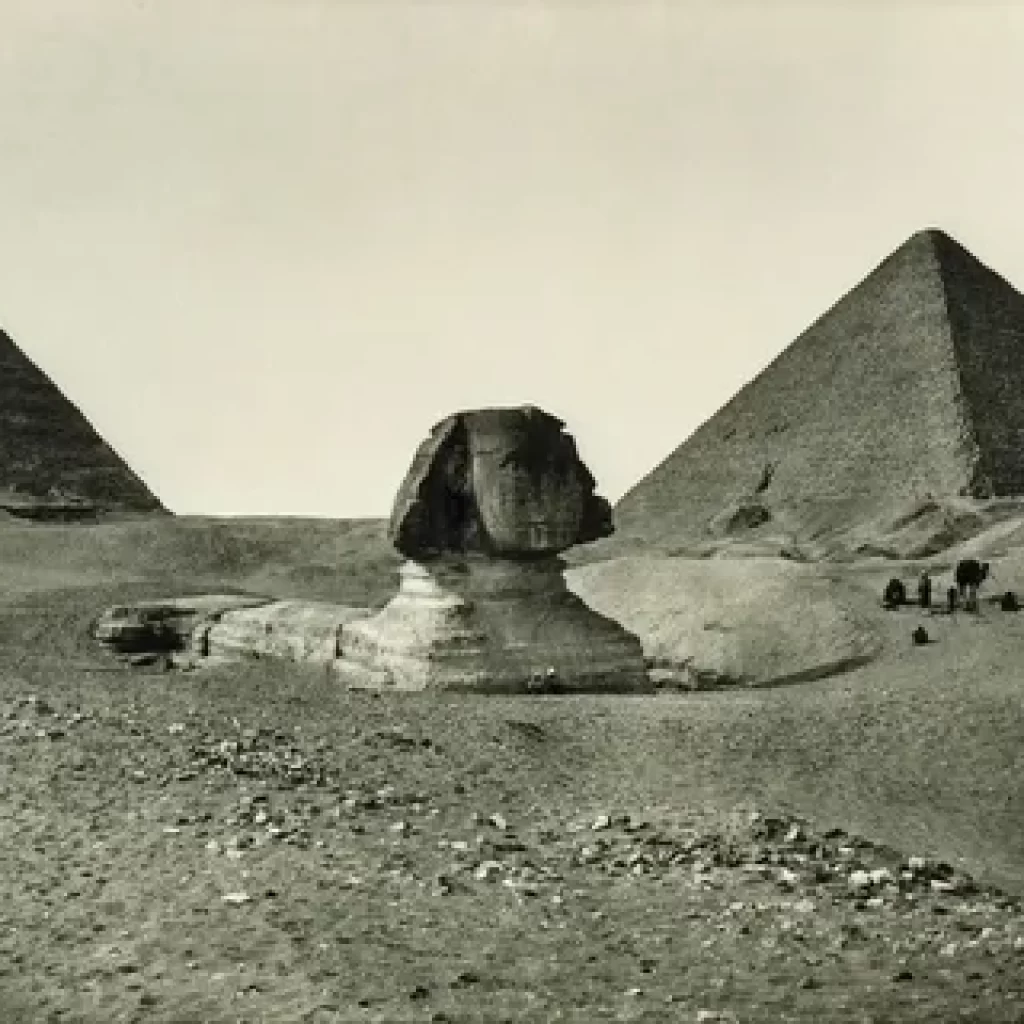
FAQs: Egypt’s Pyramids
- Was Napoleon really planning to destroy the pyramids?
No credible evidence supports the notion that Napoleon intended to damage the pyramids during his Egyptian campaign. Such claims likely stem from sensationalized accounts rather than historical reality. - Why do people believe Napoleon fired cannons at the pyramids?
The myth of Napoleon’s cannonade has been perpetuated through various mediums, including literature and film. Its persistence highlights the power of storytelling and the allure of sensational narratives. - Did Napoleon express any admiration for ancient heritage?
Yes, Napoleon demonstrated a keen interest in cultural and historical legacy. His expedition involved not only military conquests but also scholarly pursuits, such as the establishment of the Institut d’Égypte. - Are there any primary sources that mention the cannonade?
Despite extensive research, historians have not uncovered any credible primary sources that corroborate the story of Napoleon firing cannons at the pyramids. - What was the purpose of Napoleon’s Egyptian campaign?
Napoleon’s expedition had multiple objectives, including disrupting British trade routes to India and expanding French influence in the Middle East. It also aimed to promote scientific and scholarly exploration of the region. - How have modern scholars approached the cannonade myth?
Modern scholars have approached the cannonade myth with scepticism, emphasizing the lack of credible evidence and historical context supporting the notion that Napoleon ordered the firing of cannons at the pyramids. - What can we learn from the debunking of this myth?
The debunking of the myth of Napoleon’s cannonade underscores the importance of critical historical inquiry and the need to distinguish between fact and fiction in our understanding of the past. It also highlights the enduring fascination with pyramids and the role of popular culture in shaping historical narratives.

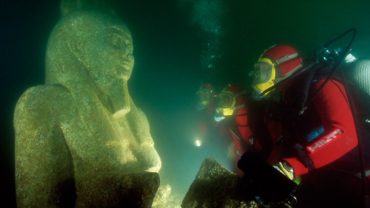
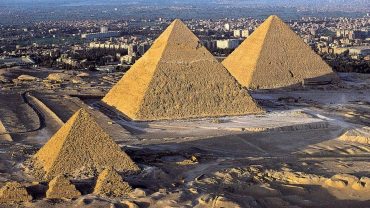
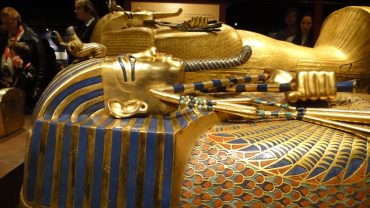

Comment (0)